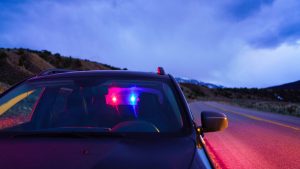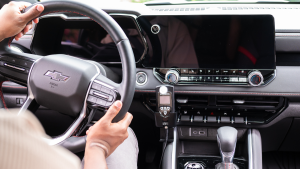Paul Burglin
Paul Burglin practices DUI defense in the San Francisco Bay Area including the Napa/Sonoma wine country. He has been specializing in DUI defense for more 35 years After graduating from U.C. Berkeley in 1980, Mr. Burglin received his law degree from Gonzaga University School of Law in Washington. He is Board Certified in DUI Defense (as approved by the American Bar Association) and co-authors the two-volume treatise, "California Drunk Driving Law." He is past Dean of the National College of DUI Defense (www.NCDD.com) and is Editor-in-Chief of its case law update and newsletter. He is one of only a select few of DUI defense attorneys in the United States to have attended the University of Indiana’s Borkenstein Course on chemical testing and scientific protocols offered to prosecution experts, and he is a certified graduate of that program. He has been selected to the 2021 Northern California Super Lawyers list and is A-V rated by Martindale-Hubbell.

